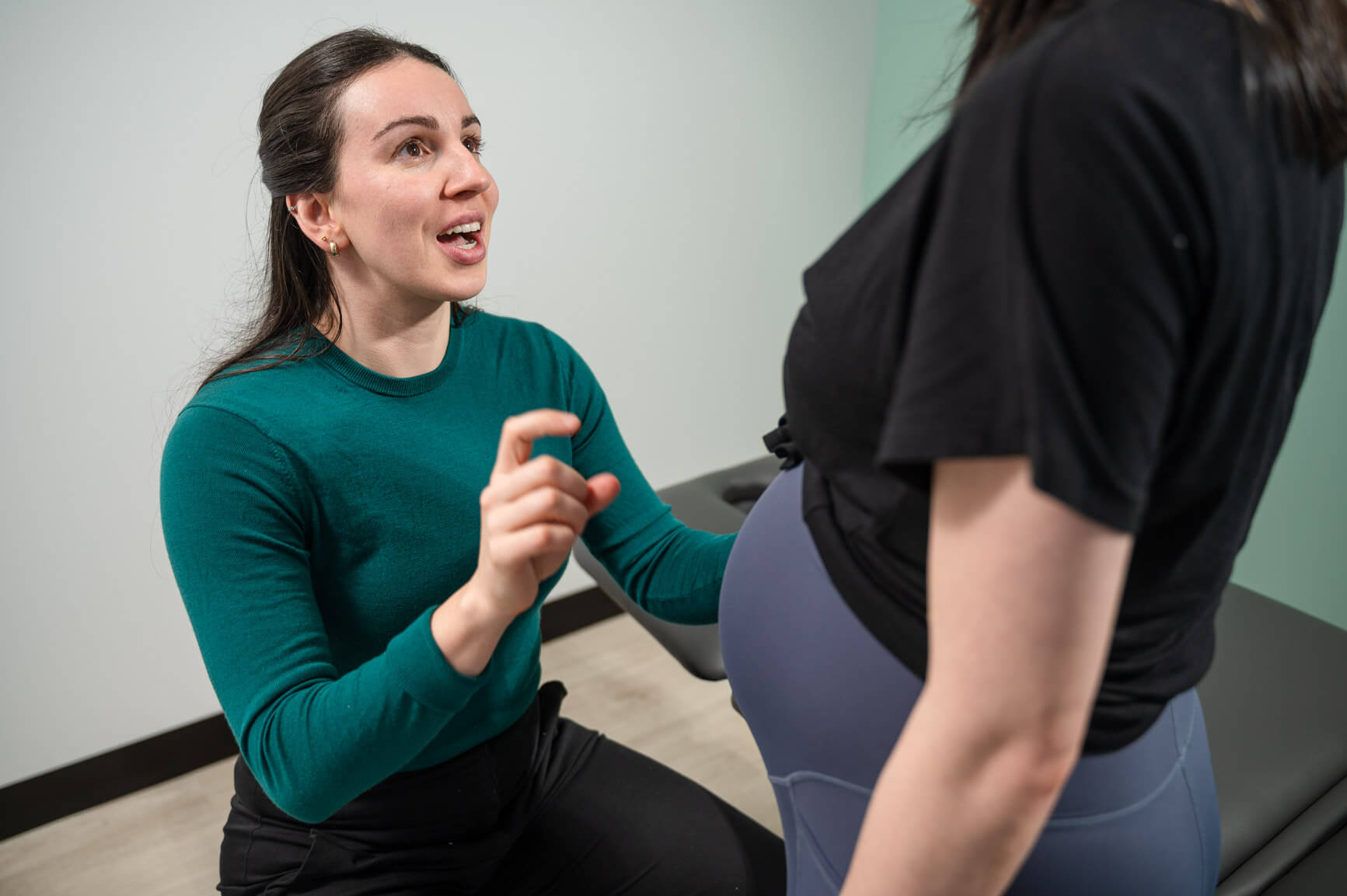
Pregnancy is a beautiful journey that brings joy and anticipation for many women. However, it can also come with its fair share of challenges, both physically and emotionally. One such common but often overlooked issue is vulvar varicosities. These enlarged and swollen veins in the vulva area can be uncomfortable and painful, impacting a woman’s quality of life during pregnancy. In this blog, we will delve into the causes of vulvar varicosities during pregnancy and explore effective management strategies to alleviate the symptoms and improve overall well-being.
Unravelling the Mystery: What Are Vulvar Varicosities?
Vulva varicosities, also known as vulvar varicose veins, are similar to varicose veins that occur in the legs but are specific to the vulva area. During pregnancy, the increased blood volume and pressure on the pelvic area can lead to the dilation of the veins in the vulva. This results in engorged and swollen blood vessels, causing discomfort and pain for some pregnant women.
Blame It on the Bump: The Whys and Hows of Vulvar Varicosities in Pregnancy
🤰🏻 Hormonal Changes: Pregnancy triggers significant hormonal fluctuations, particularly an increase in oestrogen levels. These hormonal changes can weaken the vein walls, making them more susceptible to swelling and varicosities.
🩸Increased Blood Volume: During pregnancy, a woman’s blood volume increases to support the growing fetus and placenta. The extra blood puts additional pressure on the veins, leading to dilation and the formation of varicose veins in the vulva region.
👶🏻 Pressure on the Pelvic Veins: As the uterus expands to accommodate the growing baby, it exerts pressure on the pelvic veins, obstructing blood flow and causing veins in the vulva to enlarge.
👩👧 Family History: A genetic predisposition to varicose veins can also play a role in developing vulvar varicosities during pregnancy.

Rocking the Bump: Taming Vulvar Varicosities Like a Pro
Fortunately, there are several effective management strategies that can help alleviate the discomfort caused by vulvar varicosities during pregnancy:
🩳 Supportive Garments: Wearing supportive undergarments, such as maternity compression shorts or hose, can help improve blood circulation and reduce swelling in the vulva area.
🦶🏻 Elevation: Elevating the hips and pelvis while lying down can help ease the pressure on the pelvic veins and provide relief from the discomfort.
🪑Avoid Prolonged Standing or Sitting: Long periods of standing or sitting can worsen vulvar varicosities. Frequent breaks to walk around or perform gentle pelvic exercises can improve blood flow and reduce symptoms.
🧊 Cold Compress: Applying a cold compress or ice pack wrapped in a cloth to the affected area can help reduce swelling and alleviate pain.
🚶🏻♀️ Exercise: Engaging in low-impact exercises, such as swimming or walking, can enhance blood circulation and reduce the risk of developing new varicosities.
🥝 Dietary Changes: A diet rich in fibre and low in sodium can help prevent constipation and reduce fluid retention, which may exacerbate vulvar varicosities.
💪🏻 Pelvic Floor Exercises: Strengthening the pelvic floor muscles can aid in supporting the pelvic veins and reducing discomfort.
🧑🏻⚕️Physiotherapy: Consultation with a trained physiotherapist can be beneficial in providing tailored exercises and techniques to manage vulvar varicosities during pregnancy.
SOS or Nah? When to Call in the Pregnancy Super Squad for Vulvar Varicosities
While vulvar varicosities are common during pregnancy and can often be managed with lifestyle changes, it’s essential to seek medical advice if the symptoms become severe or affect your daily life significantly. Your healthcare provider can offer personalised advice, assess your condition, and recommend appropriate treatments if necessary.
Embracing the Bump’s Quirks: Conquering Vulva Varicosities with Confidence
Vulvar varicosities during pregnancy can be a discomforting challenge for expectant mothers. However, understanding the causes and adopting effective management strategies can significantly improve the quality of life during this special time. By incorporating lifestyle changes, seeking appropriate medical advice, and considering physiotherapy interventions, pregnant women can alleviate the discomfort and embrace the joys of pregnancy with more ease and comfort.
Remember, every pregnancy is unique, and what works for one person may not be suitable for another. Always consult with your healthcare provider to develop a personalised plan that addresses your specific needs and concerns. Together, we can ensure a smoother and more enjoyable pregnancy journey for all women.
If you’d like to have a Prenatal assessment, make a booking to see one of our Women’s and Pelvic Health Physiotherapists HERE.
